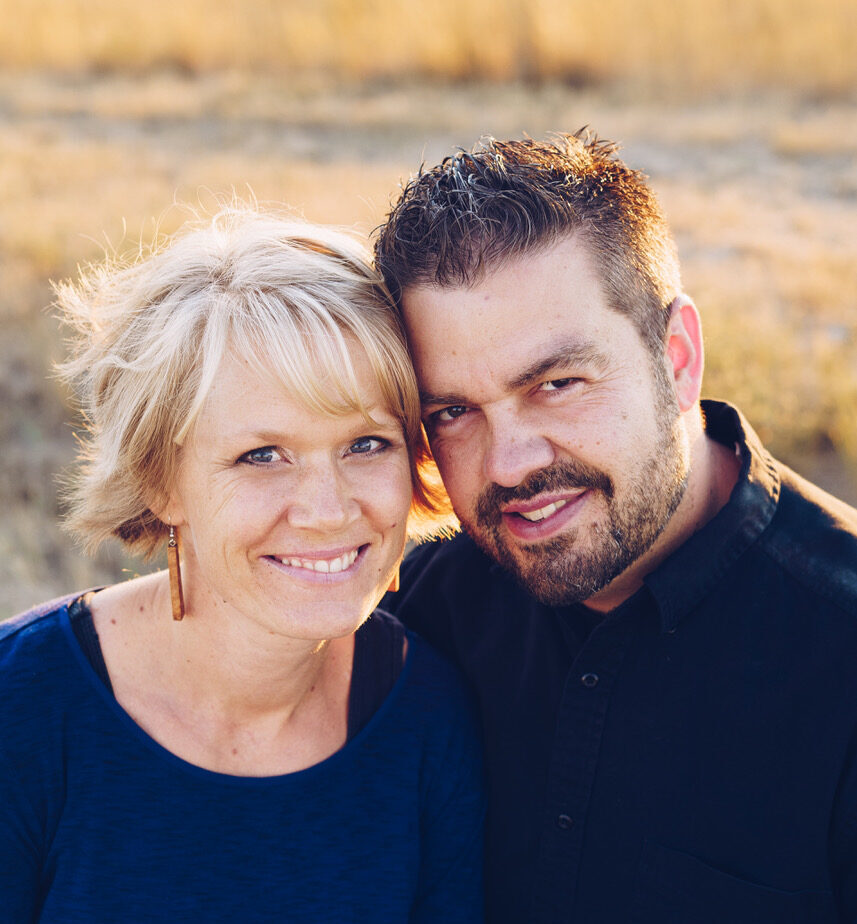When The Body Attacks Itself
 We have a picture of Elijah that is too painful to share. It’s him in his underwear, skin and bones, barely able to stand the morning I took him into Emergency. We had no idea what was wrong with him. Was it some form of cancer? Worms? Metabolic disorder? Why was he losing so much weight and deathly ill? It happened so fast we barely noticed the warning signs until it was almost too late. It turned out the culprit was his own body. He was dying from an auto immune disease that caused Type 1 Diabetes.
We have a picture of Elijah that is too painful to share. It’s him in his underwear, skin and bones, barely able to stand the morning I took him into Emergency. We had no idea what was wrong with him. Was it some form of cancer? Worms? Metabolic disorder? Why was he losing so much weight and deathly ill? It happened so fast we barely noticed the warning signs until it was almost too late. It turned out the culprit was his own body. He was dying from an auto immune disease that caused Type 1 Diabetes.
Before our son Elijah’s diagnoses of Type 1 diabetes, I had only a vague notion of what an autoimmune disease was. In Elijah’s case, his autoimmune disease meant that his body’s immune system flagged part of his pancreas as the enemy, and turned his own defense system on a healthy part of the body, destroying it for life. This mistake would have proved fatal if not for the discovery of insulin and his daily injections that replace what his own body destroyed.
As I was grieving the loss of Elijah’s beta cells, it struck me what a potent warning analogy an autoimmune disease is for the body of Christ. It is so easy to “flag” or mark other Christians as “the enemy”, and set the immune systems of gossip and condemnation upon that person.
With a sense of our holy mission to protect the body, we break fellowship or shun and encourage others to do the same. In so doing, we can unwittingly destroy a genuine and vital part of the body of Christ. We walk away congratulating ourselves on our “discernment,” and have no idea the fatal blow we may have dealt to Christ’s local body. Christ alone knows the function he had designed that person to perform in his body, the church, and how the body will suffer because it is missing that key component.
Don’t get me wrong: there is cancer and genuine disease that the body needs to be protected from. There is a place for warning against wolves and false teaching. But the immune system is explosive and powerful. We need to be so merciful and cautious in our attacks.
Paul addresses this in 1 Corinthians 4:3-5, “As for me, it matters very little how I might be evaluated by you or by any human authority. I don’t even trust my own judgment on this point. My conscience is clear, but that doesn’t prove I’m right. It is the Lord himself who will examine me and decide. So don’t make judgments about anyone ahead of time—before the Lord returns. For he will bring our darkest secrets to light and will reveal our private motives. Then God will give to each one whatever praise is due.”
Even when it seems glaringly obvious that a person is in the wrong, we must be slow to act in judgement and instead follow the example of David when he was verbally and physically attacked by an angry traitor. His body guards wanted the man killed but David rebuked them, “If the Lord has told him to curse me, who are you to stop him? Leave him alone and let him curse, for the Lord has told him to do it. And perhaps the Lord will see that I am being wronged and will bless me because of these curses today.”
David understood the sovereignty of God and that God uses even heretics and rebels for His purposes. It is vital that we be quick to hear, slow to anger, and slow to judge. It would be a terrifying thing to discover on judgement day that we had let pride or self-righteousness cloud our discernment, and that in our haste we destroyed a precious member of the Christ’s body.
On a more positive note, autoimmune disease shows us how valuable each member of the body truly is. We make snap judgments on the value of certain members of the body. For example, I treasure my eyes, but for most of my life, I could have cared less that I even had a pancreas. But it turns out that I could live without my eyes, but not without my pancreas (unless I received an artificial substitute). No matter how insignificant you feel, God made you with an important role to play in His church. When you neglect fellowship and service, the body will suffer.
I urge those of you who have read this far to make a conscious effort to reach out and value every single person God brings to your local church. Take the time to listen to them and hear their perspective. It’s not up to us, to know the function of each member, but it is our responsibility to protect and care for each member.
Related:
